Home>Garden Essentials>Garden Plants>How Long Do Thyme Seeds Take To Germinate
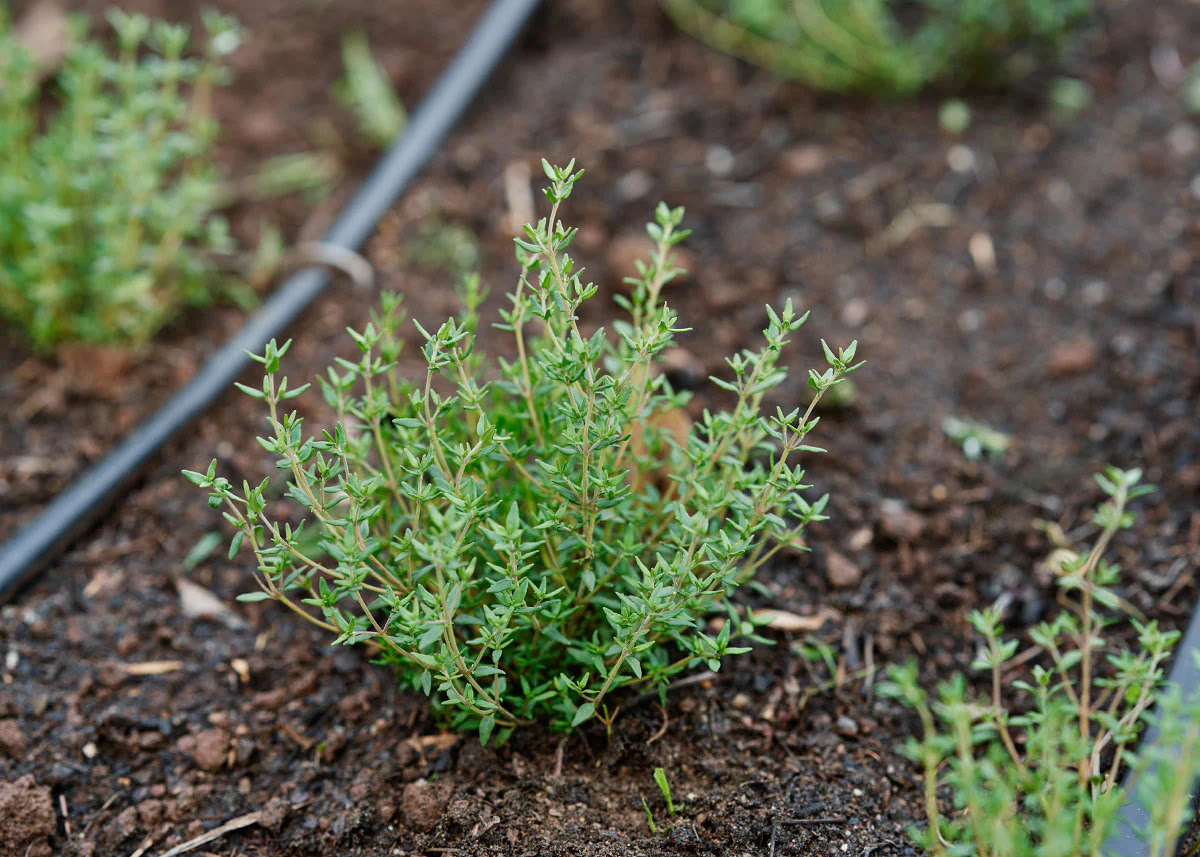

Garden Plants
How Long Do Thyme Seeds Take To Germinate
Modified: March 24, 2024
Discover how long thyme seeds take to germinate and successfully grow into vibrant plants. Gain expert insight on the germination process and optimize your gardening endeavors.
(Many of the links in this article redirect to a specific reviewed product. Your purchase of these products through affiliate links helps to generate commission for Storables.com, at no extra cost. Learn more)
Introduction
Welcome to the world of thyme seeds and the fascinating process of germination. Thyme is a versatile and aromatic herb that is used in various culinary dishes, as well as in natural remedies. Whether you are an avid gardener or a beginner looking to cultivate your own herb garden, understanding the germination time of thyme seeds is crucial for a successful growing experience.
Thyme seeds, like most herb seeds, require specific conditions to germinate and sprout into healthy plants. Being aware of these conditions and how they can impact the germination time is essential for ensuring optimal growth. From temperature and moisture levels to light exposure and seed viability, there are various factors that contribute to the germination process.
In this article, we will explore the factors that affect the germination time of thyme seeds and discuss the optimal growing conditions to promote successful germination. Whether you are starting your thyme seeds indoors or outdoors, understanding these factors will help you maximize your chances of a bountiful harvest.
So, let’s dive in and discover how long it takes for thyme seeds to germinate and how we can enhance the germination process to cultivate healthy and thriving thyme plants.
Key Takeaways:
- Thyme seeds typically take 7 to 14 days to germinate, but patience is key as it can sometimes take up to 21 days. Factors like temperature, moisture, and seed quality significantly impact germination time.
- Enhance thyme seed germination by pre-soaking, scarifying, using a germination medium, providing bottom heat, and maintaining consistent moisture. Experiment, learn, and enjoy the journey of growing your own aromatic thyme plants.
Read more: How Long Does It Take For Thyme To Germinate
Factors Affecting Germination Time of Thyme Seeds
The germination time of thyme seeds can vary depending on several factors. Understanding these factors will help you create the ideal conditions for germination and ensure successful growth of your thyme plants. Let’s take a look at the key factors that influence the germination time:
- Temperature: Thyme seeds require a consistent temperature range for germination. The optimal temperature for thyme seed germination is between 60-70°F (15-21°C). Extreme temperatures, both hot and cold, can negatively impact germination. It’s important to maintain a stable temperature to encourage timely and uniform germination.
- Moisture: Adequate moisture is crucial for thyme seed germination. The seeds need to be consistently moist, but not waterlogged, throughout the germination process. Optimal moisture levels allow the seed coat to soften and the internal embryo to expand, initiating the germination process. Ensure that you maintain proper watering practices and avoid both underwatering and overwatering.
- Light exposure: Light exposure does not play a significant role in thyme seed germination. Thyme seeds are considered to be indifferent to light, meaning they can germinate in both light and dark conditions. However, providing some indirect light can help stimulate growth once the seeds have sprouted.
- Seed viability: The viability of the thyme seeds plays a crucial role in germination time. Fresh, high-quality seeds have a higher germination rate and shorter germination time compared to old or low-quality seeds. It’s recommended to use fresh seeds or purchase them from a reputable supplier to ensure optimal germination rates.
- Seed preparation: Some gardeners recommend scarifying or soaking thyme seeds before sowing to enhance germination. Scarifying involves scratching the seed coat to help moisture penetrate and promote germination. Soaking the seeds overnight can also help soften the seed coat. However, thyme seeds generally have a high germination rate without extensive preparation.
By understanding these factors, you can create the ideal environment for thyme seed germination. Providing the right temperature, moisture, and seed quality will significantly impact the germination time and increase the chances of successful growth.
Optimal Growing Conditions for Thyme Seeds
To ensure successful germination and growth of thyme seeds, it’s important to provide optimal growing conditions. Creating the right environment will give your thyme seeds the best chance to sprout, thrive, and develop into healthy plants. Here are the key factors to consider:
- Soil: Thyme seeds prefer well-draining soil with a pH level between 6.0 and 8.0. A sandy loam or loamy soil that is rich in organic matter is ideal. Good drainage helps prevent waterlogging, which can lead to root rot.
- Temperature: Thyme seeds thrive in warm temperatures. Maintaining a consistent temperature between 60-70°F (15-21°C) during the germination period and throughout the growing season is ideal.
- Light: Thyme plants thrive in full sun. They require at least 6-8 hours of direct sunlight per day. If growing indoors, provide ample light using fluorescent or LED grow lights placed about 6-8 inches above the seedlings.
- Watering: Thyme plants prefer moderate watering. Allow the soil to partially dry out between waterings to prevent overwatering and root rot. Ensure that the soil remains consistently moist during the germination period.
- Fertilizer: Thyme plants are not heavy feeders. Fertilize sparingly with a balanced organic fertilizer during the growing season. Too much fertilizer can lead to excessive foliage growth at the expense of flavor and aroma.
- Air circulation: Good air circulation is important to prevent the development of fungal diseases. Avoid overcrowding and ensure that there is enough space between the plants for air to circulate freely.
Providing the optimal growing conditions for your thyme seeds will result in robust and healthy plants. Remember to monitor the temperature, light, watering, and soil conditions to ensure that they remain within the desired range. With proper care, your thyme seeds will grow into beautiful and aromatic herb plants that you can enjoy in your culinary creations.
Thyme seeds typically take 7-14 days to germinate when sown in well-draining soil and kept consistently moist. Providing bottom heat can help speed up the germination process.
Germination Timeframe for Thyme Seeds
Now let’s explore the germination timeframe for thyme seeds. The germination time can vary depending on the specific variety of thyme and the growing conditions provided. On average, thyme seeds take approximately 7 to 14 days to germinate under optimal conditions.
However, it’s important to note that germination can sometimes be uneven, with some seeds sprouting earlier than others. This is normal and not a cause for concern. Patience is key during the germination process, as it can sometimes take up to 21 days for all the thyme seeds to germinate.
Factors such as temperature, moisture, and seed quality can significantly affect the germination time. Providing the optimal temperature range of 60-70°F (15-21°C) and keeping the soil consistently moist without overwatering will help expedite the germination process.
If you’re growing thyme indoors, you can use a seedling heat mat to maintain a consistent temperature and encourage quicker germination. However, always ensure that the seeds have access to fresh air and are not overly heated.
It’s recommended to start thyme seeds indoors 6-8 weeks before the last frost date in your area. This will give the seeds ample time to germinate and establish themselves before being transplanted into the garden or larger pots.
While waiting for the thyme seeds to germinate, it’s essential to provide consistent care and monitor the growing conditions. Ensure that the soil remains moist but not waterlogged, and provide indirect light or fluorescent grow lights if growing indoors.
Be sure to check the seeds regularly for any signs of germination, such as small sprouts or the emergence of green seedlings. Once the seeds have germinated, you can gradually introduce them to more direct light and adjust your watering routine to accommodate the growing plants.
Remember, germination time can vary, so don’t be discouraged if your thyme seeds take a bit longer to sprout. With proper care and patience, you will be rewarded with healthy thyme seedlings ready to be transplanted into your garden or containers.
Tips for Enhancing Germination of Thyme Seeds
If you’re looking to enhance the germination of your thyme seeds and increase the success rate of sprouting, here are some helpful tips to keep in mind:
- Pre-soak the seeds: Consider pre-soaking your thyme seeds before sowing. Place the seeds in a bowl of warm water and let them soak for 12-24 hours. This can help soften the seed coat and stimulate germination.
- Scarify the seeds: If you’re working with thyme seed varieties that have tough seed coats, consider scarifying them. Gently rub the seeds with sandpaper or an emery board to slightly scratch the surface. This can help water penetrate the seed coat and expedite germination.
- Use a germination medium: Instead of sowing thyme seeds directly into the garden soil, consider using a seed-starting mix or a well-draining growing medium. These mixes provide a loose and light texture that promotes better moisture retention and allows for easier seedling emergence.
- Provide bottom heat: Thyme seeds benefit from warm soil temperatures. You can provide bottom heat by using a seedling heat mat or placing the seed tray on top of a warm surface, such as the refrigerator or a heat vent. This gentle warmth can encourage quicker and more uniform germination.
- Maintain consistent moisture: It’s crucial to keep the soil consistently moist during the germination process. Avoid letting the soil dry out completely, as this can hinder germination. Use a spray bottle or a misting attachment on a watering can to gently moisten the soil without disturbing the seeds.
- Label your seeds: Keep track of the different thyme varieties you’re growing by labeling your seed trays or containers. This will help you identify the germination rates and growth patterns of each variety, allowing you to make informed decisions in subsequent seasons.
- Optimize sunlight exposure: While thyme seeds don’t require light for germination, once the seedlings have emerged, providing them with ample sunlight or artificial grow lights is essential. Place them in a sunny location or adjust the grow lights to maintain a distance of 6-8 inches above the seedlings.
By implementing these tips, you can enhance the germination rate and ensure a successful start for your thyme seeds. Remember that patience and consistent care are key during the germination process. With a little attention and these techniques, you’ll soon have healthy and vibrant thyme seedlings ready to be transplanted into your garden or pots.
Read more: How Long Do Petunias Take To Germinate
Conclusion
The germination of thyme seeds is a fascinating process that requires patience, care, and attention to detail. By understanding the factors that affect germination time and providing optimal growing conditions, you can increase the success rate of your thyme seeds sprouting and thriving.
Factors such as temperature, moisture, light exposure, seed viability, and seed preparation all play a crucial role in the germination process. By providing a stable temperature range, maintaining proper moisture levels, and using fresh, high-quality seeds, you can enhance the germination time and increase the chances of successful growth.
Creating the optimal growing conditions for your thyme seeds, including well-draining soil, appropriate temperature, sufficient light, and proper watering, will foster healthy and robust plants. Paying attention to air circulation and avoiding overcrowding will also help prevent fungal diseases and promote overall plant health.
While the germination timeframe for thyme seeds can vary, on average, it takes around 7 to 14 days for thyme seeds to sprout. Patience is key, and it’s essential to provide consistent care and monitoring throughout the germination process.
By following the tips for enhancing thyme seed germination, such as pre-soaking, scarifying, using a germination medium, providing bottom heat, and maintaining consistent moisture, you can further boost the germination process and achieve successful results.
Remember, gardening is a journey that requires experimentation and learning. Each seed and each planting season may bring different results, but with proper knowledge and care, you can enjoy the satisfaction of growing your own thyme plants and the aromatic delight they offer in your culinary endeavors.
So go ahead and sow those thyme seeds with confidence, and enjoy the joy of watching them sprout, grow, and bring the wonderful flavors and aromas of this versatile herb into your life.
Frequently Asked Questions about How Long Do Thyme Seeds Take To Germinate
Was this page helpful?
At Storables.com, we guarantee accurate and reliable information. Our content, validated by Expert Board Contributors, is crafted following stringent Editorial Policies. We're committed to providing you with well-researched, expert-backed insights for all your informational needs.

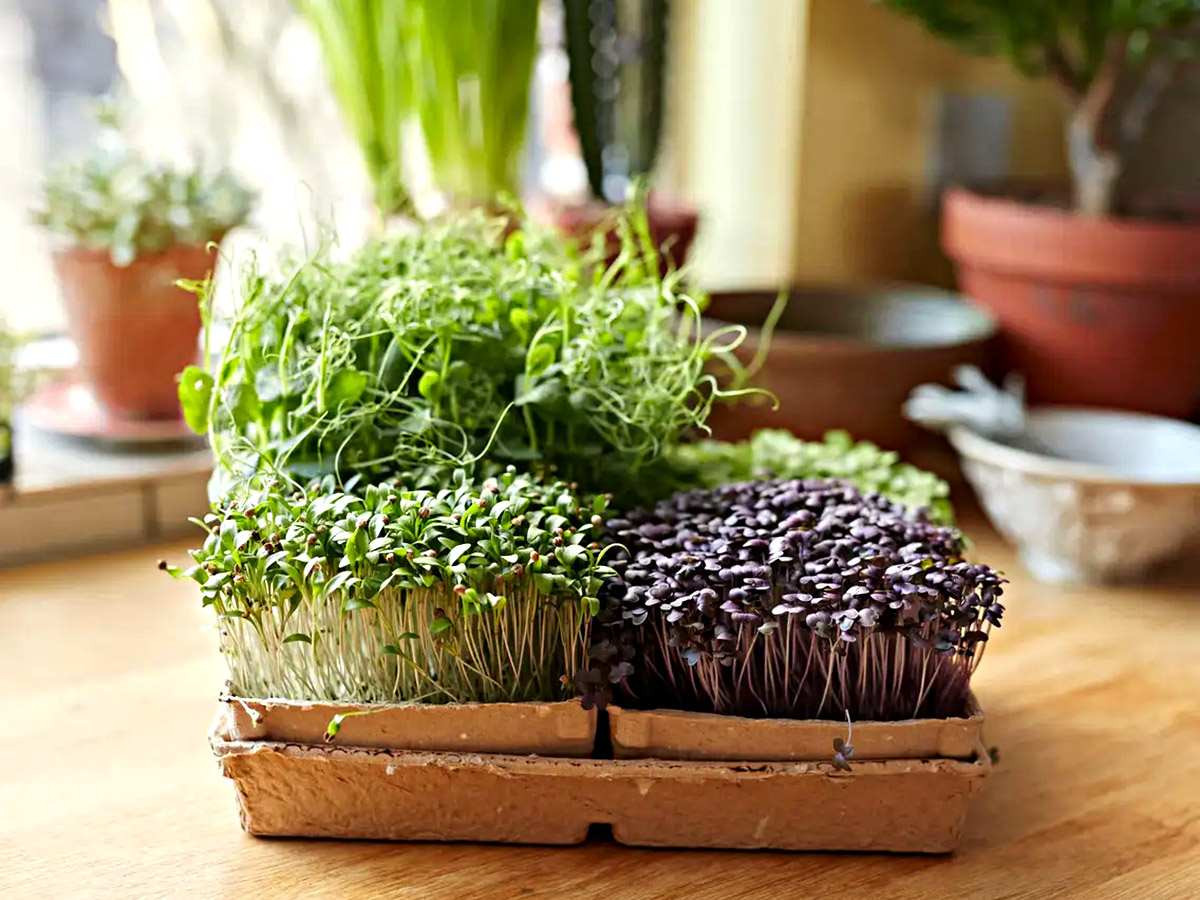
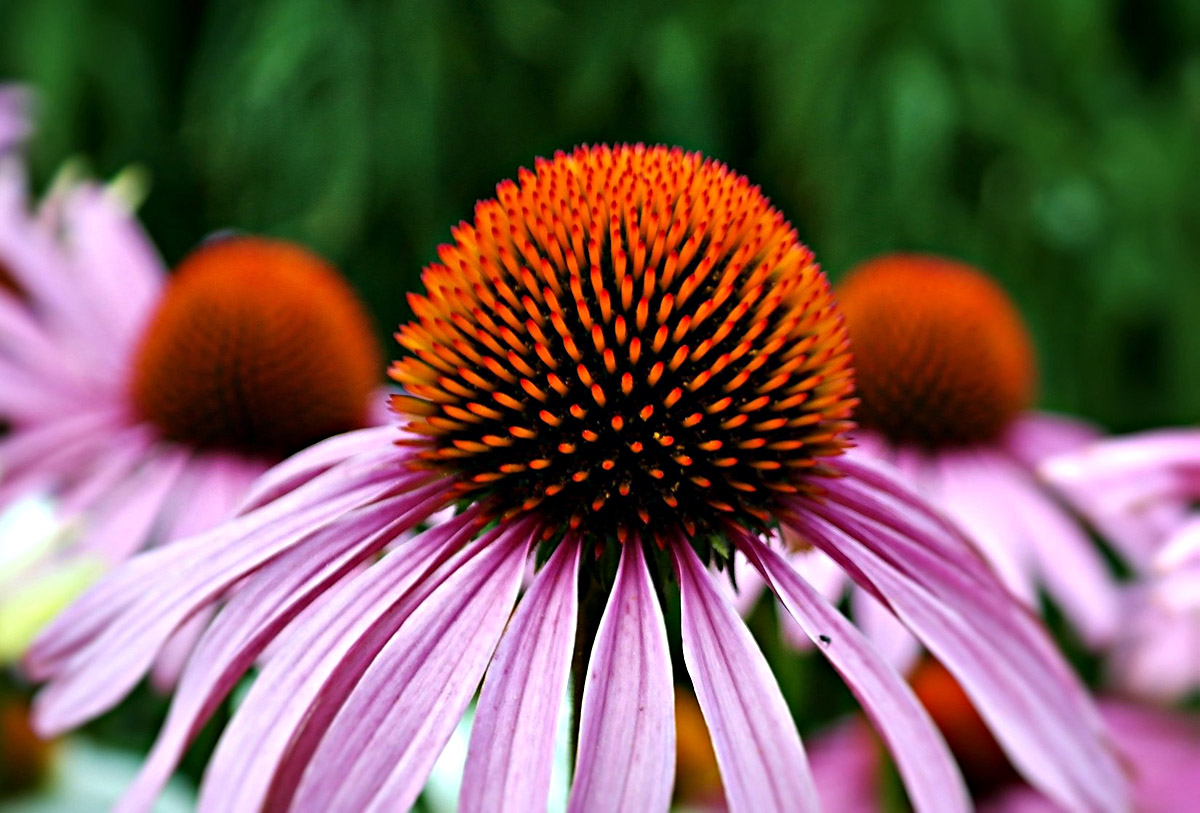
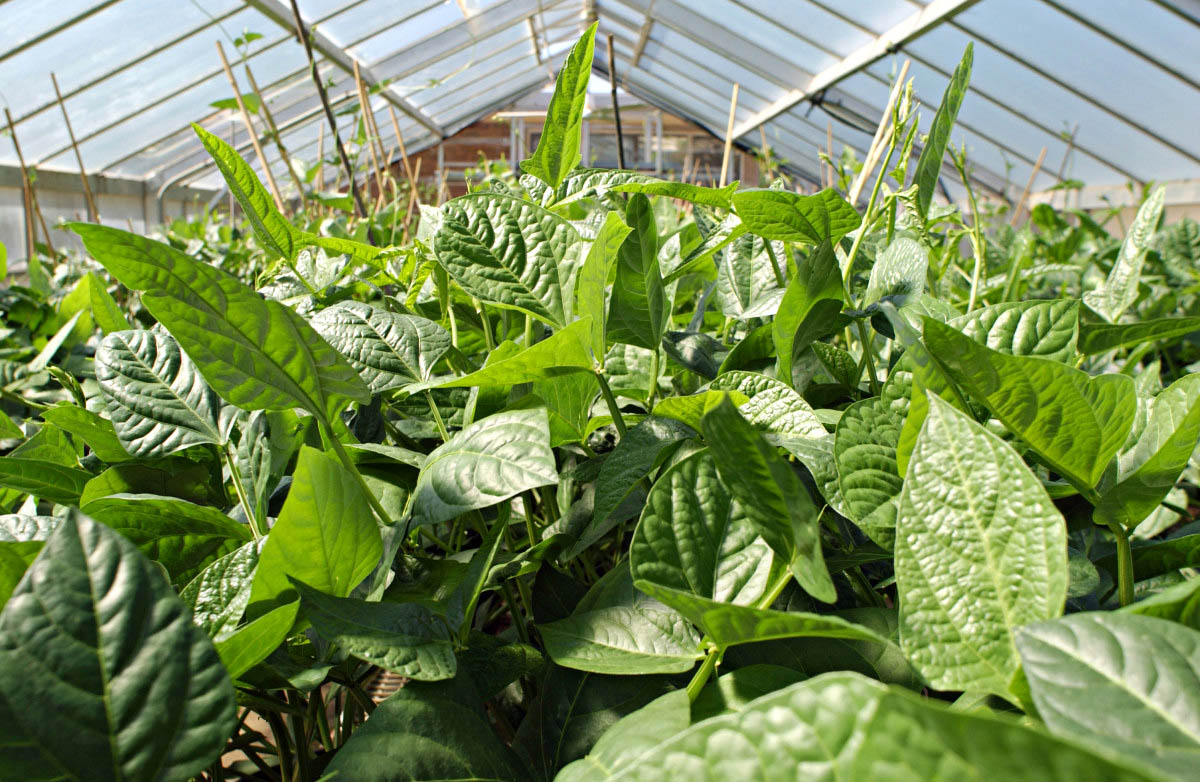
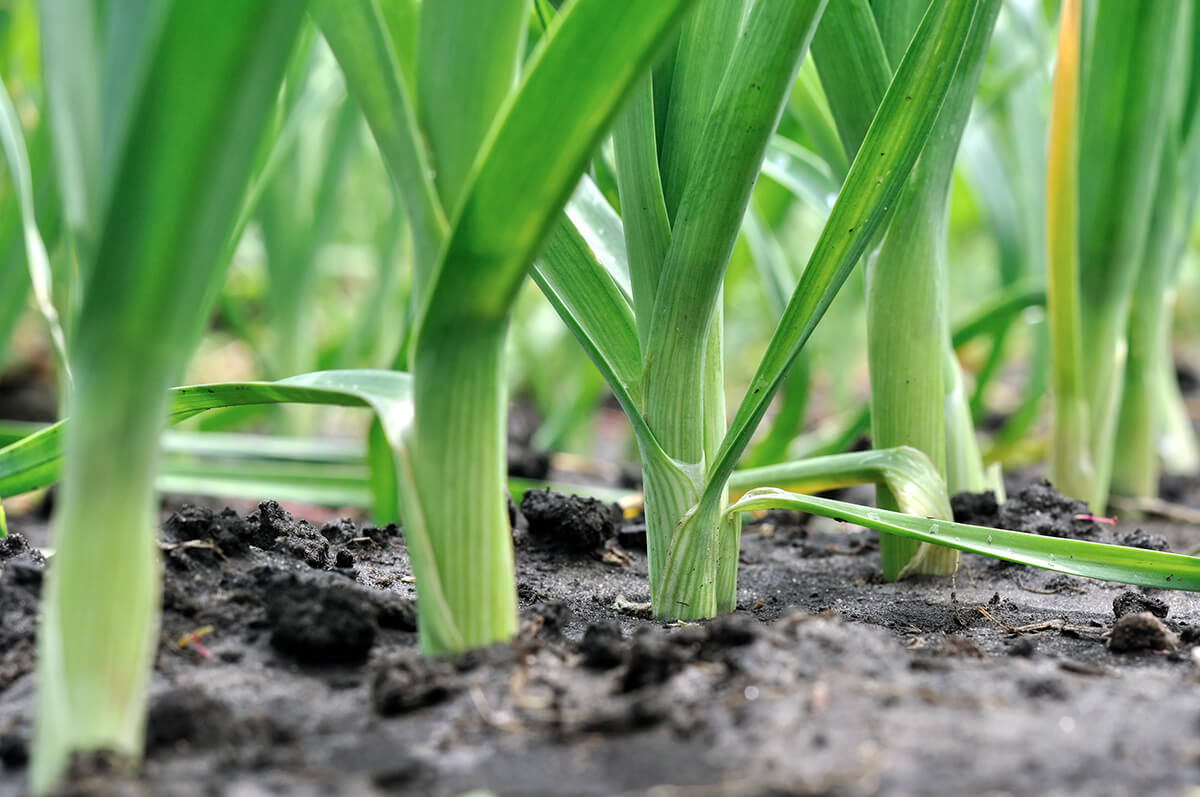
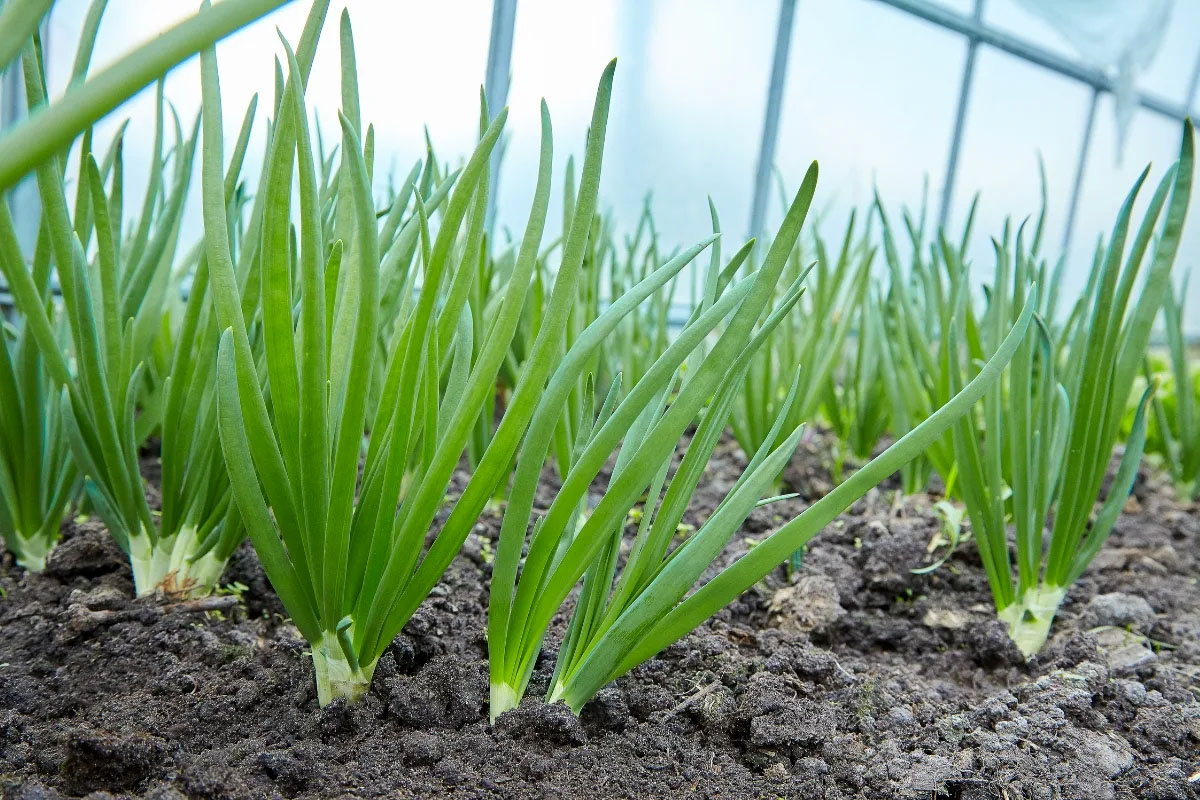

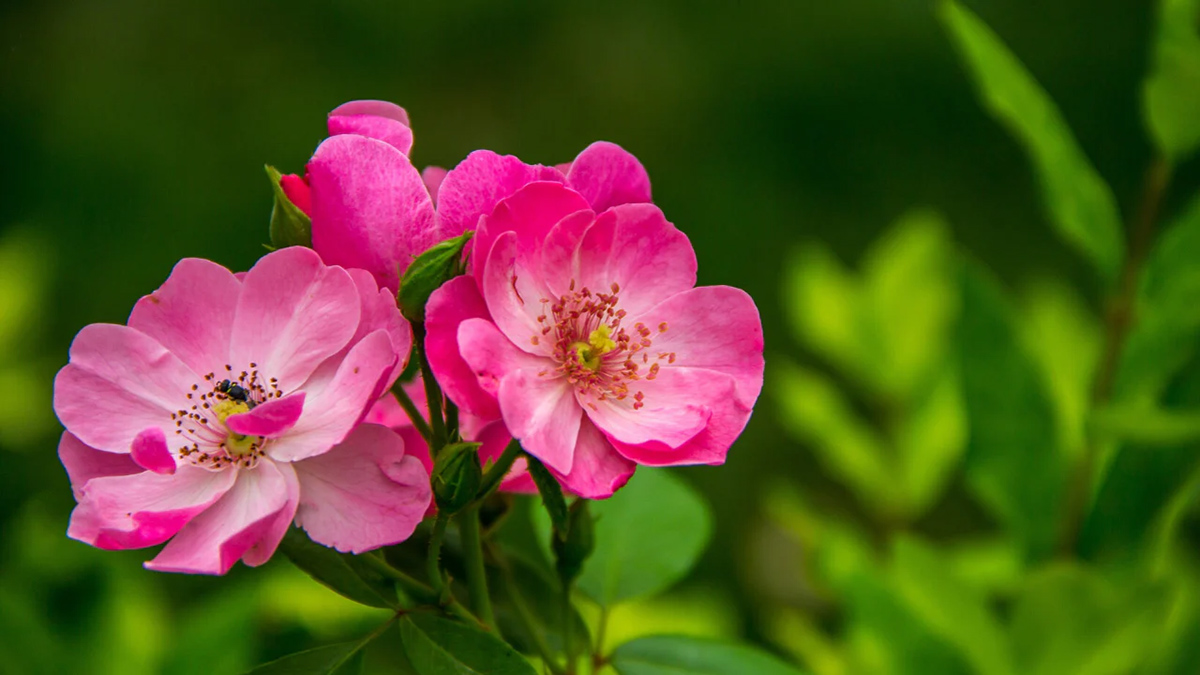
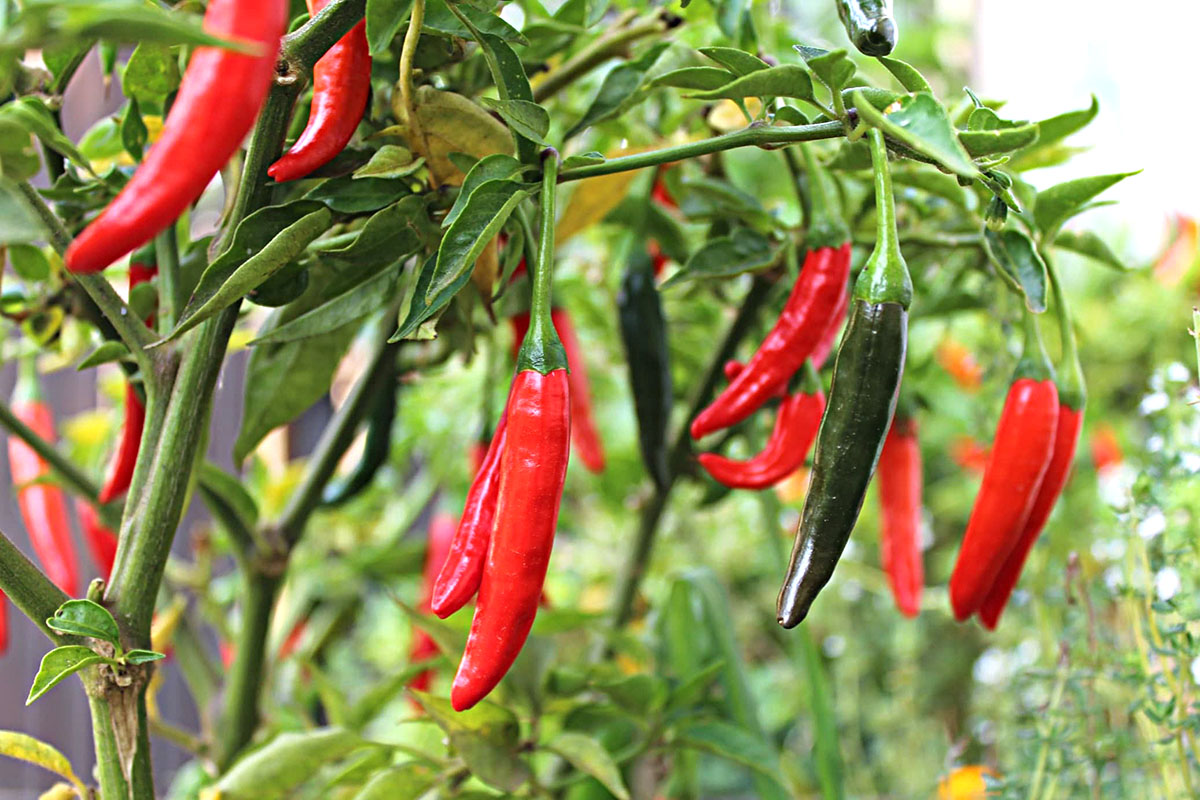
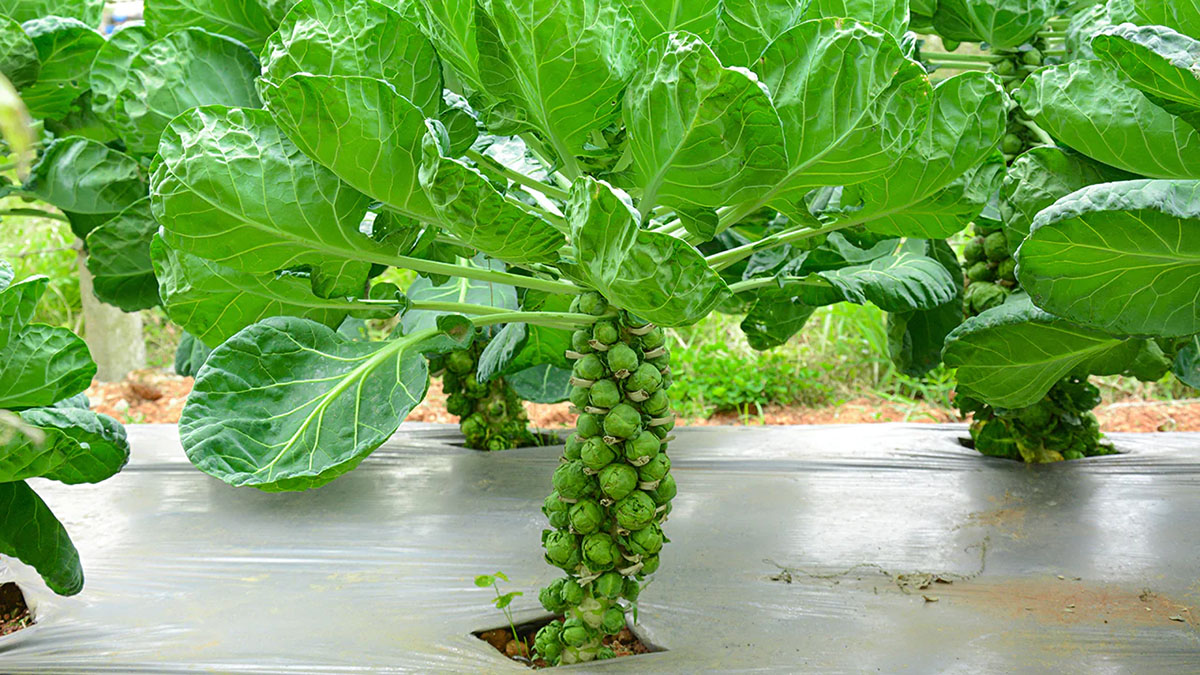
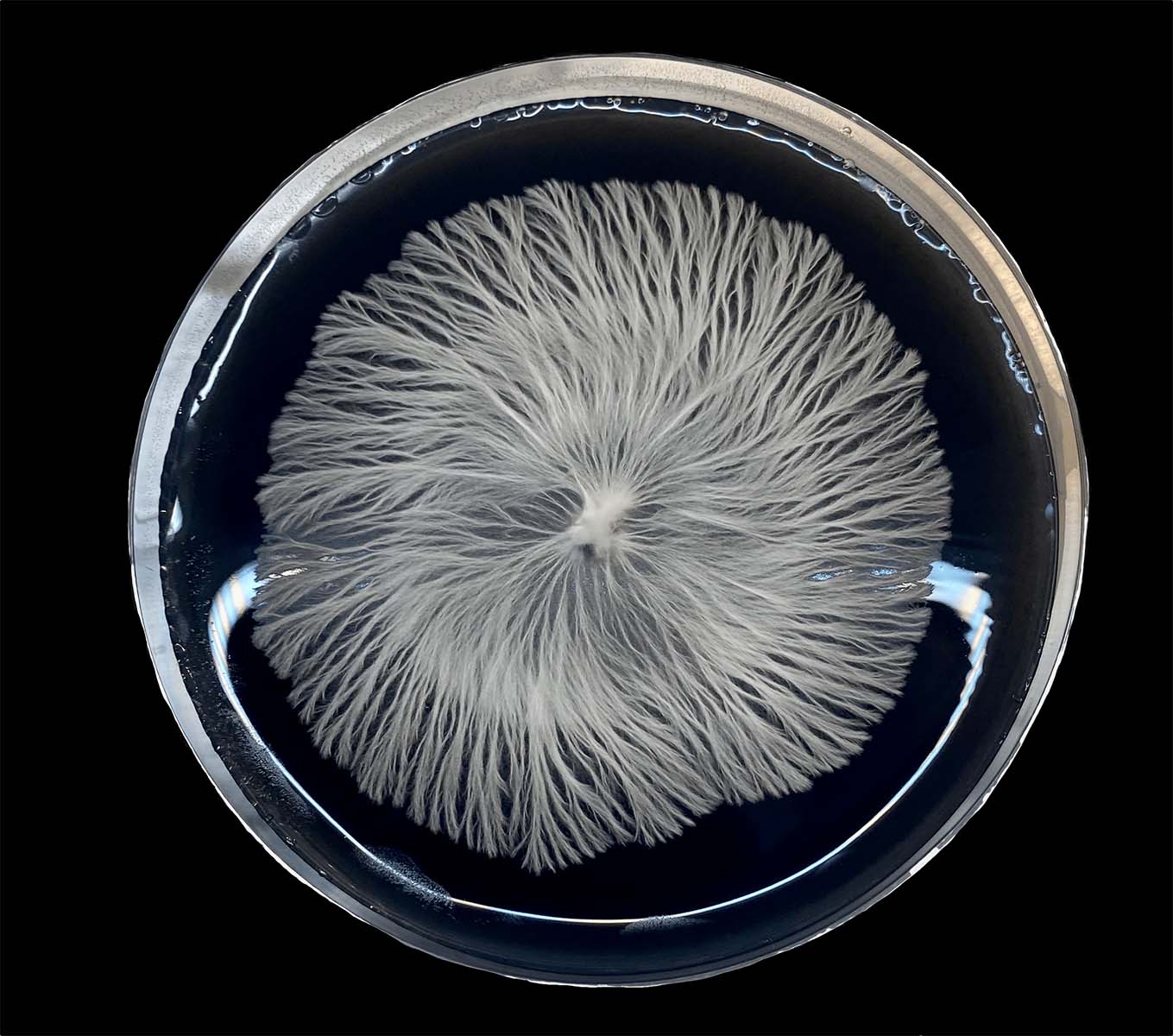

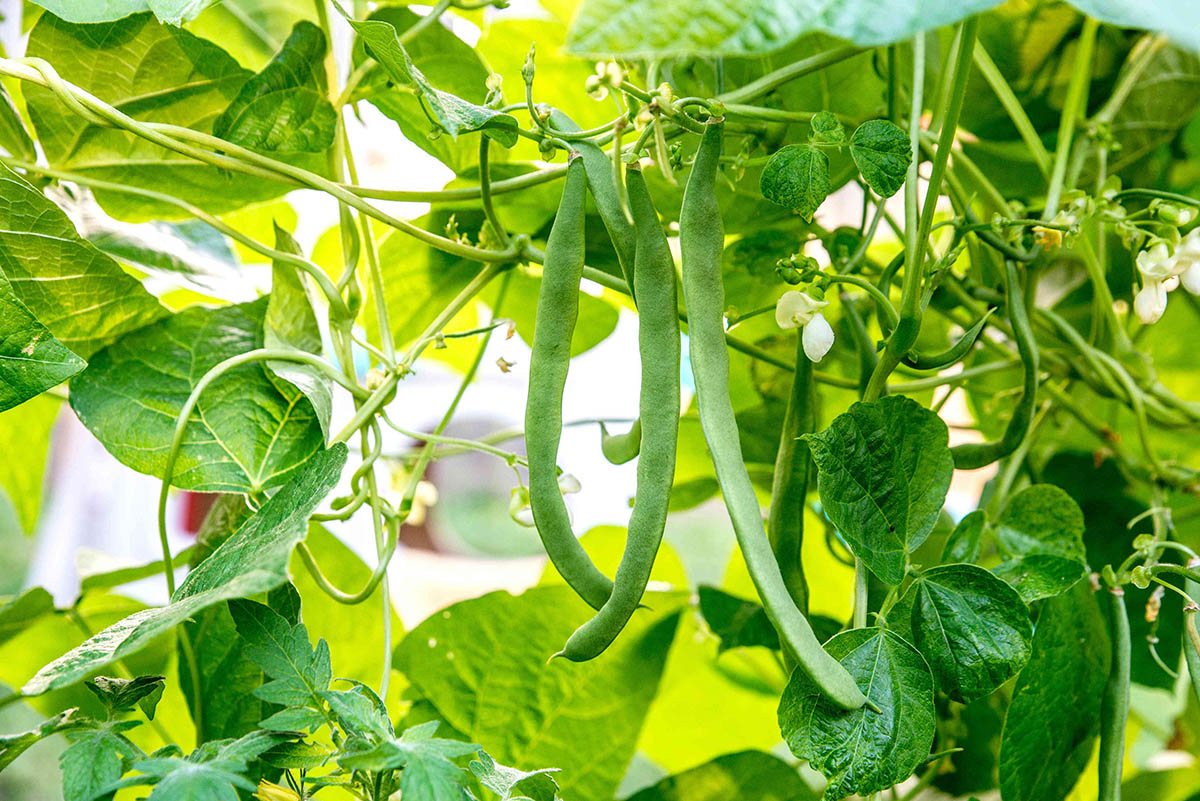
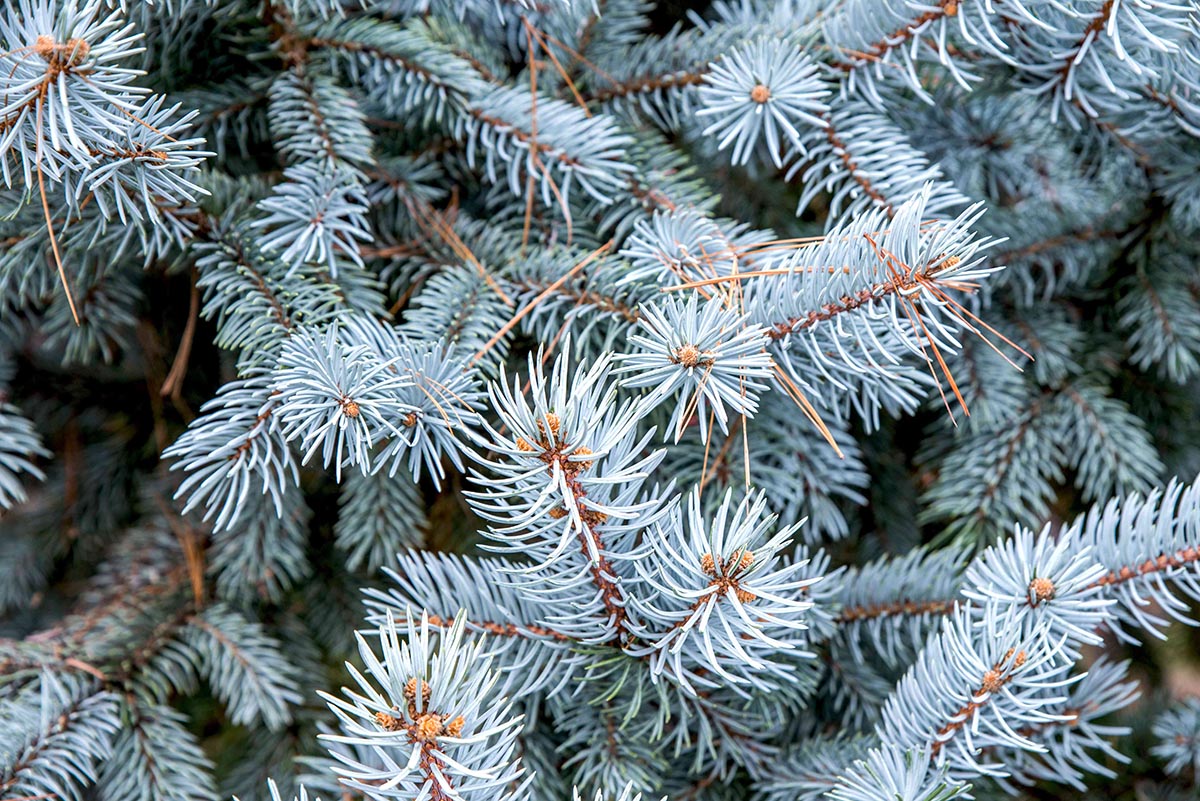

0 thoughts on “How Long Do Thyme Seeds Take To Germinate”